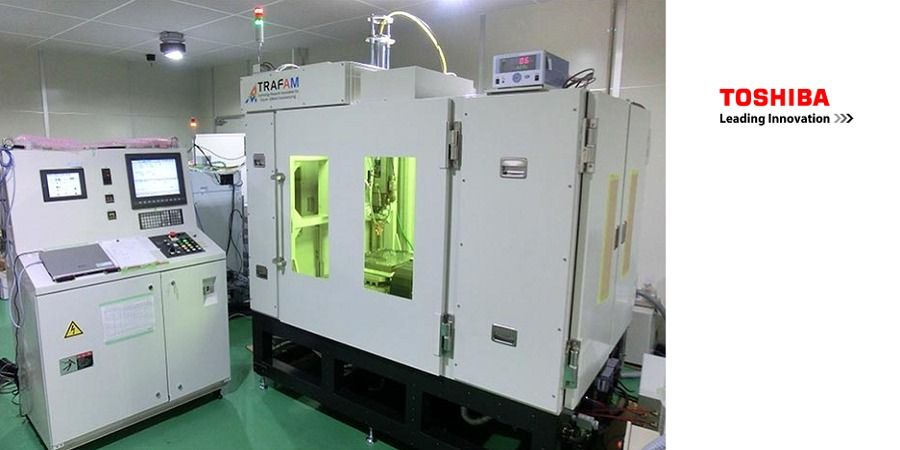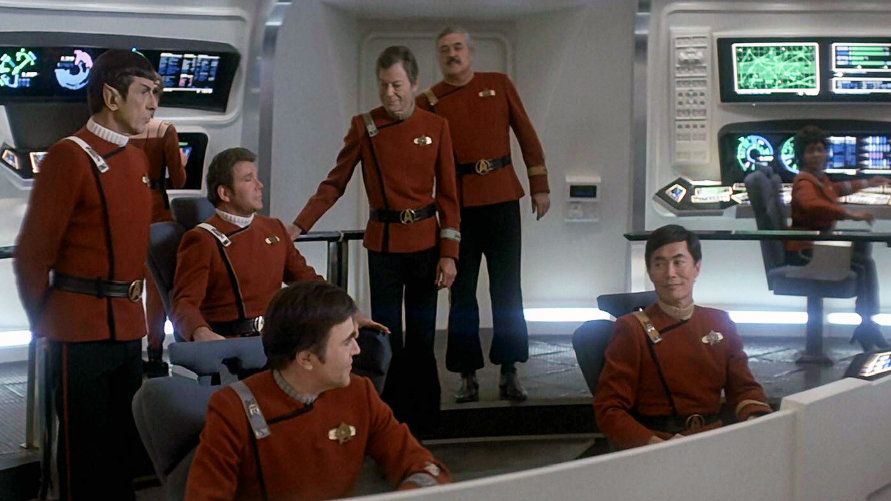Dec 3, 2015
Discovery Provides Hope Of More Effective, Safer Cryopreservation
Posted by Robert James Powles in categories: cryonics, innovation, life extension, materials
Cryogenics are an old science fiction dream, but today we still struggle to store large tissues without harming them. Now a breakthrough could lead to a safer, more reliable approach.
” This could be an important step toward the preservation of more complex tissues and structures”
Overcoming past challenges
Continue reading “Discovery Provides Hope Of More Effective, Safer Cryopreservation” »


















